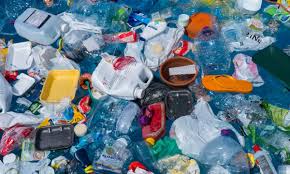Plastics are everywhere. Our daily lives practically involve the use of plastics.
-
Research Plastics is advancing research, advocacy and awareness for the circularity and sustainability of plastics.
-
Research Plastics is advancing research, advocacy and awareness for the circularity and sustainability of plastics.
-
Research Plastics is advancing research, advocacy and awareness for the circularity and sustainability of plastics.

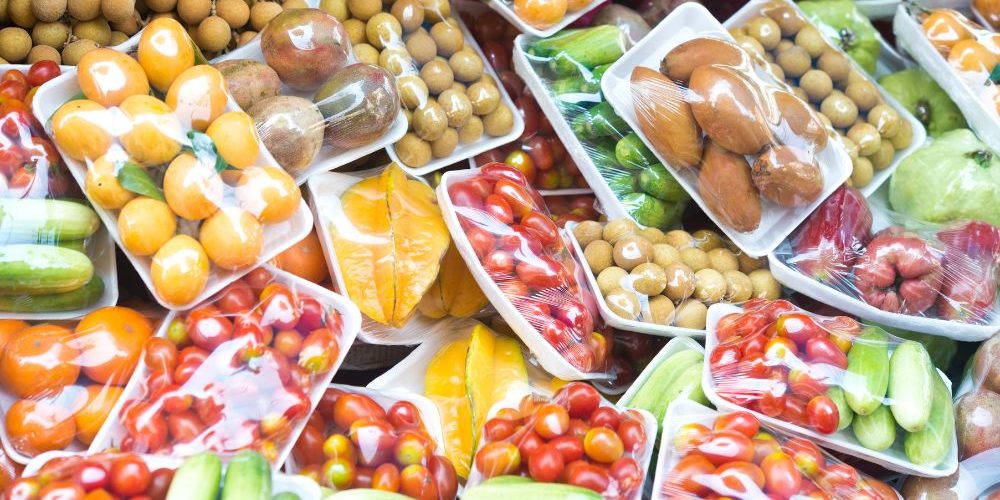
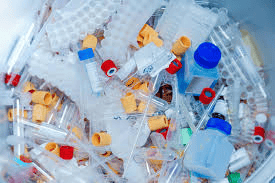
Why Plastics?
-
-
Plastic has desirable properties such as strength, light weight, durability, moldability, corrosion resistance, and affordability.
-
Plastic is a unique and preferred material for a wide range of products and applications.
-
Plastic applications include packaging (protects and preserves food and drinks), healthcare (saves and protects lives), transportation, textiles, furniture, electrical and electronics, and construction.

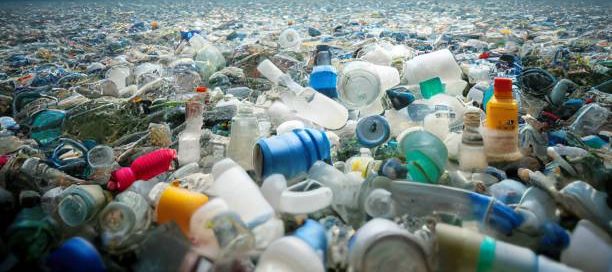
Why Not Plastics?
-
Single use (mostly packaging) and short-term plastics easily and readily become waste.
-
These plastic waste are mostly disposed indiscriminately (open spaces, illegal dumps, landfills, and water bodies), resulting in plastic pollution.
-
Consequently, the environment and biodiversity are negatively impacted.

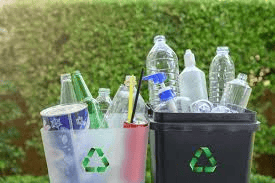

Plastic Facts !
-
Plastics will continue to be extensively used due to its desirable qualities.
-
Plastic is not the problem, but the UNSUSTAINABLE use of it and the MISMANAGEMENT of the corresponding waste.
-
Plastics must be used sustainably and the subsequent waste sustainably managed and recycled.
-
Solution involves shifting to circular plastic economy which maximises the lifespan and value of plastics.
-
Circular plastic economy practices include sustainable plastic product design, reuse model, improved plastic waste collection, and recycling.
-
Benefits include resource efficiency, limited plastic waste, and limited environmental impact.
Dr Kunle Olatayo
Updates
Our Partners

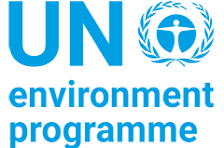


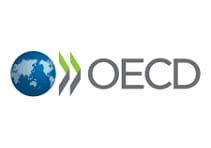
Join us in creating a sustainable zero plastic waste society - free of plastic pollution. Your generous contributions directly help us to research, advocate and educate.
DonateExplore
Our Impact
Contact
1-7 Muri Okunola Street Victoria Island, Lagos, Nigeria

